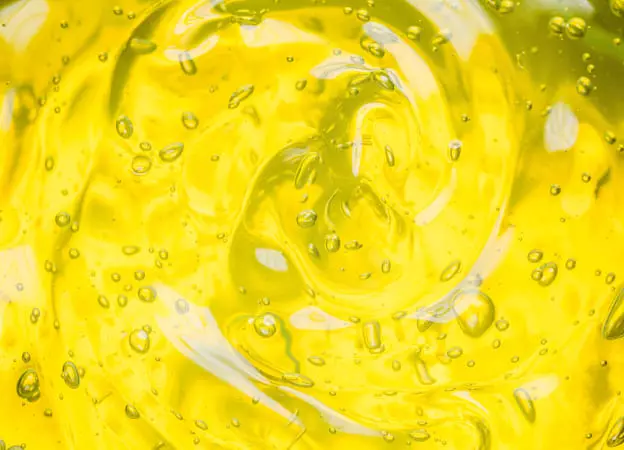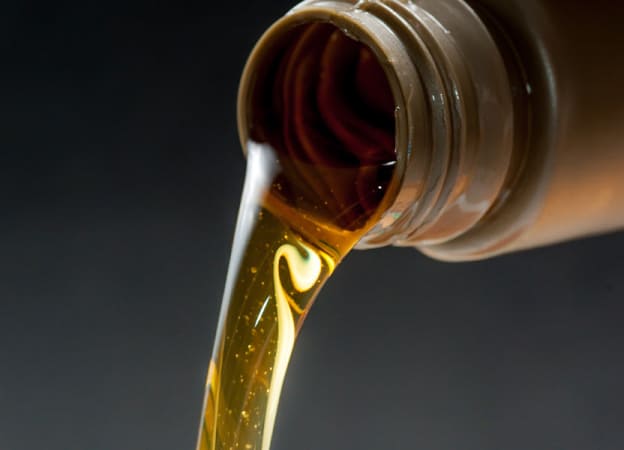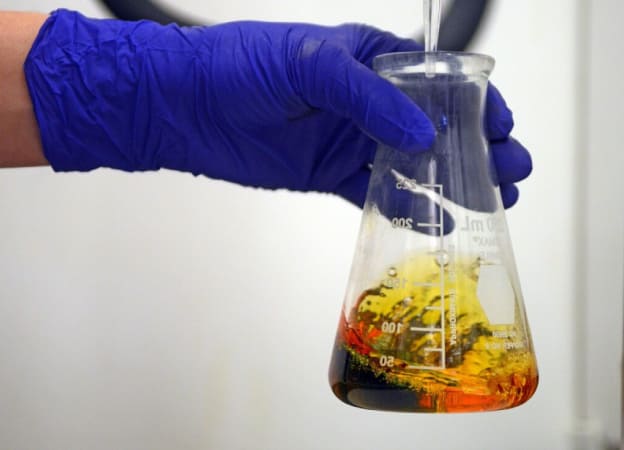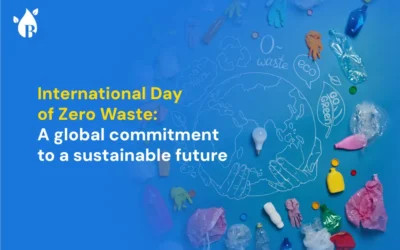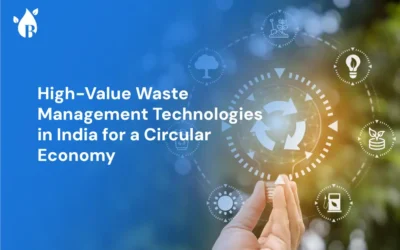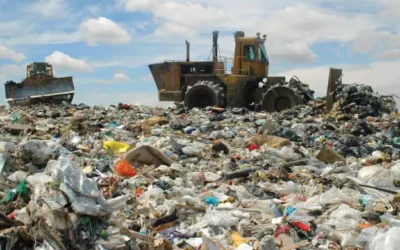What are fatty acids?
Fatty acids are organic molecules that consist of a hydrocarbon chain with a carboxylic acid functional group (-COOH) at one end. They are an important component of many biological processes. They are found in a variety of foods, such as animal fats, vegetable oils, and nuts.
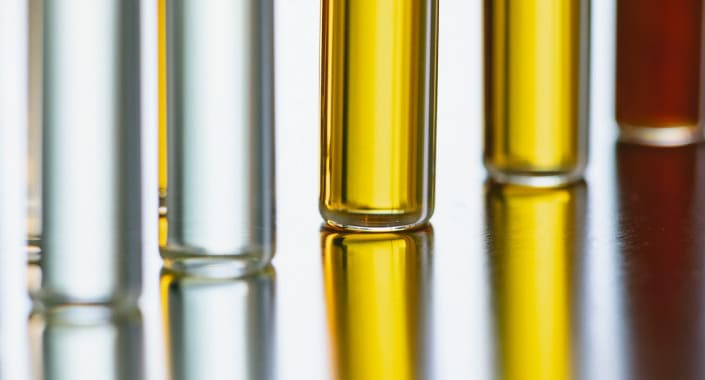
How fatty acids are used in biodiesel production?
Fatty acids are one of the key components used in the production of biodiesel. Biodiesel is typically produced through a chemical process known as transesterification, which involves reacting the fatty acids with an alcohol, in the presence of a catalyst. This process results in the production of biodiesel and glycerol as a byproduct. The type and quality of the fatty acids used can impact the properties and performance of the resulting biodiesel. Fatty acids can be derived from a variety of sources, including vegetable oils, animal fats, and used cooking oil. Biodiesel produced from fatty acids is a renewable and sustainable alternative to traditional fossil fuels and can help to reduce greenhouse gas emissions and dependence on non-renewable resources.
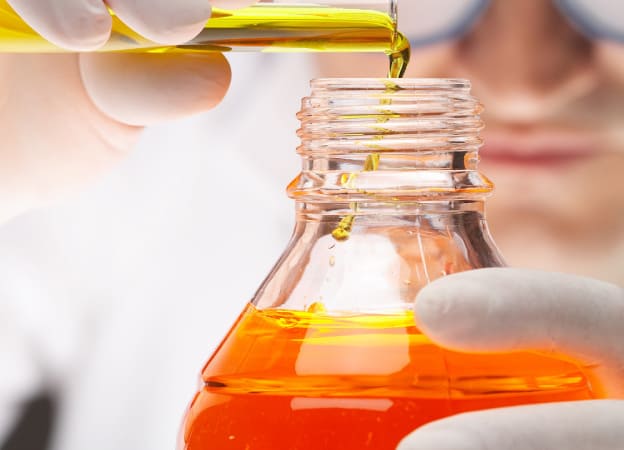
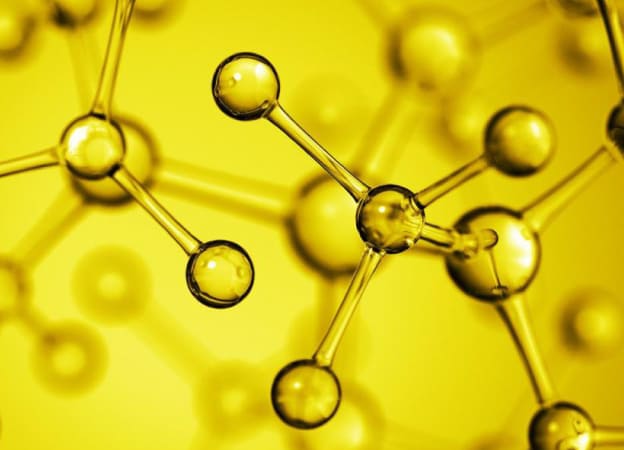
Applications
The fatty acids made by-products are typically used as feedstocks for biofuel production. Also, they are utilized in food, cosmetics, pharmaceuticals, and agricultural industry for various purposes.

Potentiality
India has significant potential for the production and utilization of fatty acids due to its abundant and diverse sources of feedstocks, including vegetable oils, animal fats, and used cooking oil. The Indian government has set targets for blending biodiesel with diesel fuel to reduce dependence on imported fossil fuels and promote sustainable development. Fatty acids are a key component in biodiesel production, and as such, there is a growing demand for fatty acids in the Indian biofuel industry. As such, the fatty acid market in India is expected to grow in the coming years, driven by both domestic and export demand.
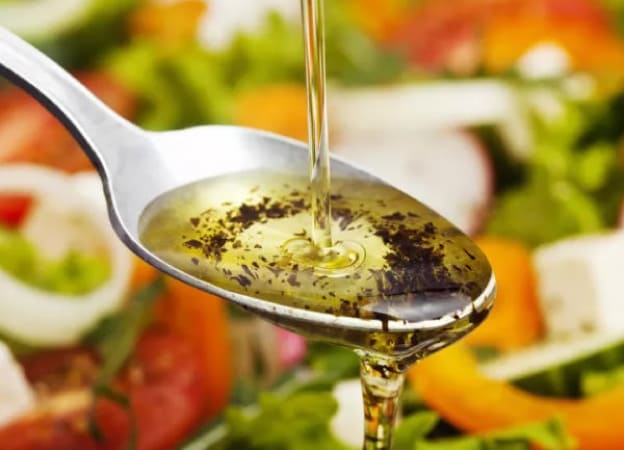
Advantages

High Energy Content

Versatile

Cost-effective

Biodegradable
Other Products
You might also like…
International Day of Zero Waste: A Global Commitment to a Sustainable Future
Every year, humanity generates an immense amount of waste, ranging between 2.1 billion and 2.3 billion tonnes of municipal solid waste. Shockingly,...
High-Value Waste Management Technologies in India for a Circular Economy
Read on to know how technologies are being implemented in Indian cities to optimise waste management and recovery.Have you wondered what happens to...
The Dirty Reality: Challenges of Municipal Waste Management in India
“12-day garbage fire in Kochi”. “Kochi's Brahmapuram dump yard fire an ‘environmental disaster”. “The fire is out, but concerns still simmer”....


